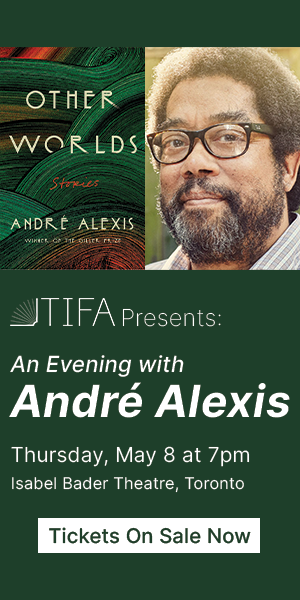People sometimes ask me what it was like living in a small town in northern Alberta during the early years of the War on Terror. They’re surprised to hear that it was fine. Neither my family’s home nor our business was ever vandalized, and I don’t recall feeling ostracized. Far from the United States and Europe, where anti-Muslim hate seemed focused, I felt no shift in how I was viewed or treated. The only dramatic change was inside of me.
As I looked around, it seemed the majority of Muslim youth, like my older sister and cousins, were pulled closer to their faith after 9/11. They appeared empowered by it, even if they still struggled to reconcile this piece of their identity with secular values. But others, including me, were jolted in the opposite direction, shedding faith like a flaky old skin in the desert.
By my early twenties, I’d refashioned myself into a cocky “New Atheist.” Some of my first magazine articles were about the dark side of piety and magical thinking, and as a fledgling rapper I wrote songs with no set purpose other than to ridicule the religious. I started toning it down only once I clued in to my own veiled bigotry. After that, my relationship to Islam remained mostly ambivalent.
Then the twelve months between the November 2015 Paris attacks and the 2016 U.S. presidential election saw an unprecedented amount of violence directed toward Muslims. Hate was closer to home now: not even my childhood mosque in Slave Lake was spared. And for the first time since moving to a big city, I was taunted by racists on the street — not just once, but three times that year. What I witnessed on Facebook bothered me even more. Online, I saw genuine fear of the Muslim Other — whether the radicals and the retrograde, the desperate refugees crossing seas, or the deeply pious, raising funds for Islamic centres. I couldn’t tell if the intolerance was mainlined by Trump and the far-right media or if it had always been there, merely normalized by the conservative zeitgeist. It was actually hard not to feel a little complicit.
Compelled to reclaim the thing that makes me and my family a target, I began to examine Islam closely, with an eye for how it has shaped my politics, values, and sense of home. I slowly found a place within me for Islam, where I could still cherish its positives and jostle with its negatives. But the question remained: Could I find a place within it? I must have been in search of the answer when I pitched my book, though I wasn’t conscious of it at the time.
The project began as a way to humanize Muslims by documenting their diversity across denominations, nationalities, and individuals. I wished to weave their stories through an alternative history, one in which the believers are the actors shaping Western culture, not just the spectators. The Americas are a curious place for such an undertaking. They contain an infinitesimal Muslim population — about 10 million people spread across 42 million square kilometres — but they also contain uniquely concentrated samplings of the umma, the global Muslim body. Because of random channels of human migration, from enslaved Africans and indentured Indians to Ottoman-era Syrians and today’s Rohingya refugees, you’ll find temples for every creed (and there are many) within any major city.
My long journey through mosques, from the edges of the Amazon to the Arctic Circle, began in 2017. It was only after I started my research that I realized that I was being welcomed not as a journalist but as a Muslim brother; the people I met along the way expected me to join their communal worship. Before long, I’d eased back into prayer, even when the rituals of the sect were foreign to me. It was medicine. And whether it went down smooth or bitter, it often tasted like an antidote to the intolerance that once infected me and increasingly infects Westerners scarred by ignorance and fear.
Among the dozens of mosques I visited, I found, to my surprise, not one but several places where I felt a sense of belonging. We were not bonded by dogma, and we rarely shared a lived experience. Rather, it was our hopes for a better, more inclusive future that clicked us together.
Omar Mouallem is the author of Praying to the West.

